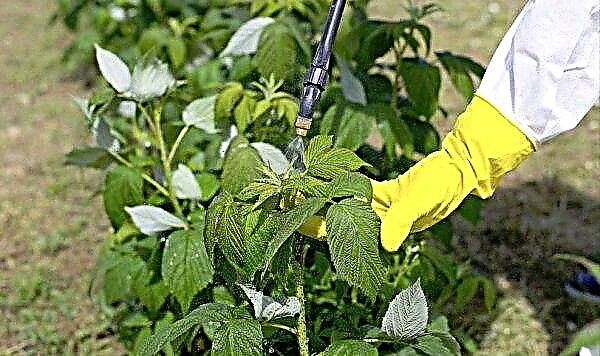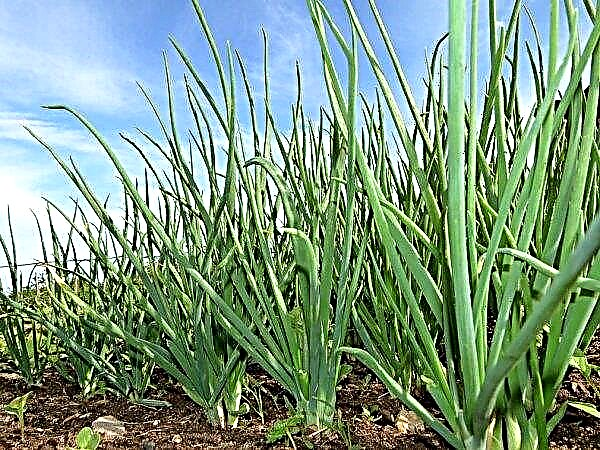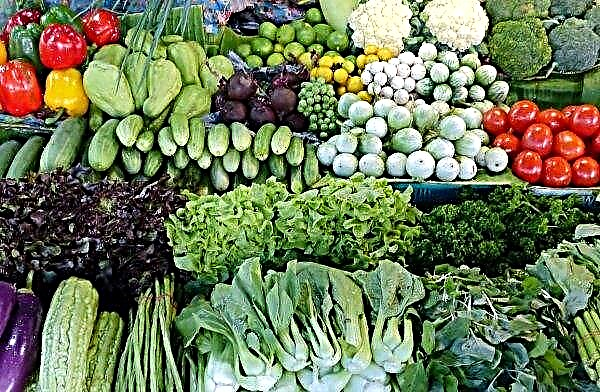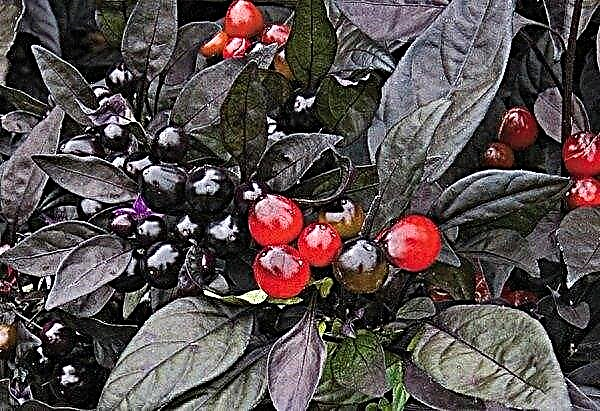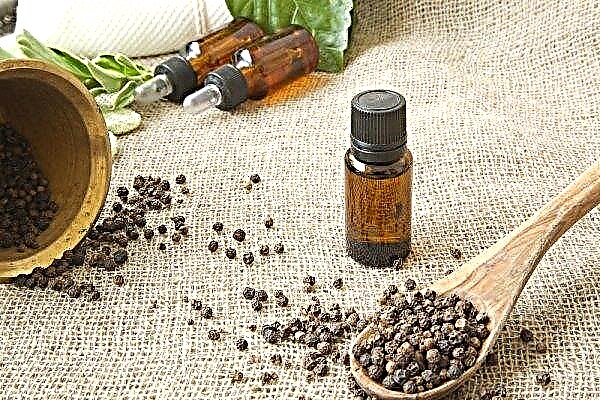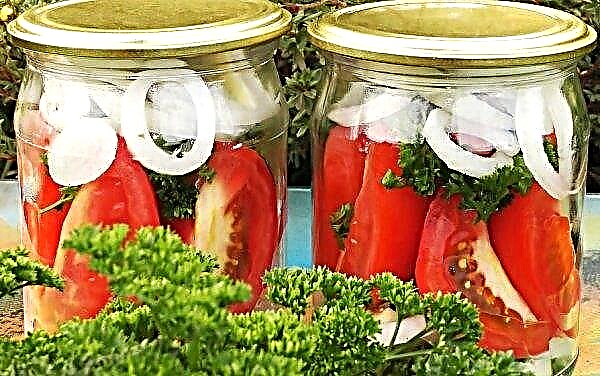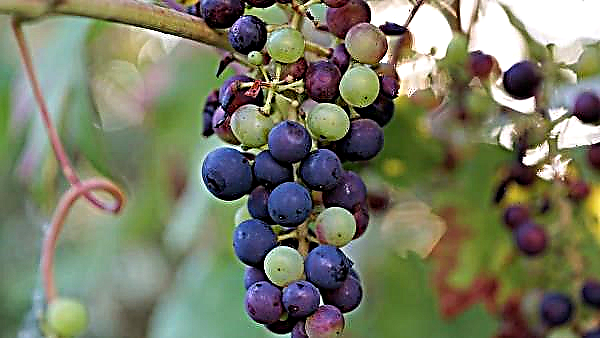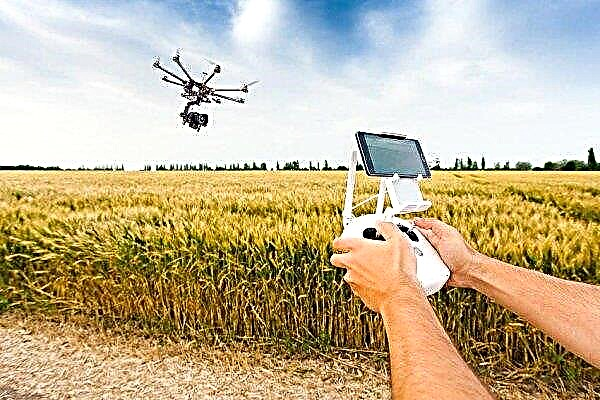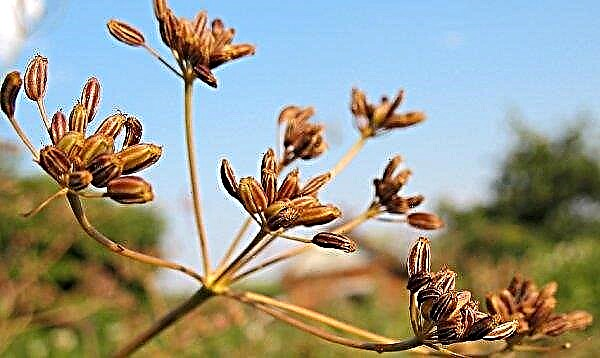Starting January 1, 2020, in Argentina, fruit producers must follow good agricultural practice (BPA). And from the beginning of 2021, the same coercion will come into force for vegetable producers.
Key BPA requirements include the mandatory use of phytosanitary products approved by Senasa (National Agro-Food Quality and Health Service) in their original packaging and for certain crops.
It is also important to observe the rules for storing products. To do this, use a specially equipped warehouse, which is locked. It should be separate from the places where the crop is produced, processed or preserved.
This is necessary in order to avoid product contamination. Organic fertilizers, additives and substrates purchased from third parties must be registered in Senas.
 Argentinean producers of organic pome fruit took a leading place among exporters to the markets of the European Union. The country annually sends 30 thousand tons of organic apples and pears to European markets, and the area of organic production is the largest in the world and amounts to more than 3 million hectares
Argentinean producers of organic pome fruit took a leading place among exporters to the markets of the European Union. The country annually sends 30 thousand tons of organic apples and pears to European markets, and the area of organic production is the largest in the world and amounts to more than 3 million hectares
If chemicals are produced by the responsible person, they must be processed, composted or otherwise protected to minimize health risks.
Manufacturers should also have the help of a technical specialist to advise on BPA implementation.
Direct speech: “Good agricultural practice is focused on the environmental, economic and social sustainability of production processes, which contributes to improving the quality and safety of food and non-food products,” said an employee of the Senas Department of Environmental Management.
- A team of researchers from Cartagena Polytechnic University (UPCT) has developed an active container that can extend the shelf life of vegetables contained in it by more than 40%, significantly reducing the percentage of rotting fruits.
- In the Yaroslavl region, the latest ecologically safe fertilizers were tested, which culminated in positive results through experiments that were carried out at Kurdumovskoye Agricultural Holding LLC.
- With interest in organic agriculture, the Vietnamese Ministry of Agriculture has set the goal of increasing the share of organic fertilizers to 15%, and the consumption of organic fertilizers produced at home from 1 to 3 million tons by 2020.


